Horrorcore rap was initially thought of as a turn-of-the-millennium misstep by hip hop heads. As hip-hop entered its golden age throughout the early and mid-’90s, horrorcore got better and more specific. Yet horrorcore rap continued to be thought of as a turn-of-the-millennium misstep by many hip hop heads. But rap and horror kept merging and reassembling throughout the years in a way that illuminated both. No doubt, the subgenre is worth taking seriously in the context of hip-hop, in the same way as horror films are taken in the context of film-making in general. The feeling is that the latest craze of SoundCloud and mumble rap will inevitably die, while the long-lasting specter of horrorcore will lurk around long afterward. Now when you look up horrorcore rap in general, you’ll always come up with the legendary Insane Clown Posse or its ex-members. If you do that same search for female horrorcore rappers, one name keeps coming up there too – it’s Razakel.
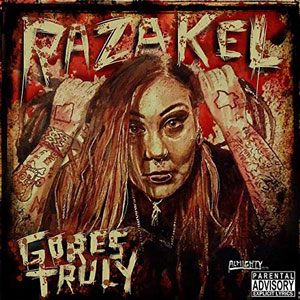 Hailing from San Antonio, Texas, Razakel has been delivering her own original take on the horrorcore cult since 2006. Although men still constitute and control the vast majority of the industry, women rappers are emerging as a force, and in the front-line, we’ll find Razakel.
Hailing from San Antonio, Texas, Razakel has been delivering her own original take on the horrorcore cult since 2006. Although men still constitute and control the vast majority of the industry, women rappers are emerging as a force, and in the front-line, we’ll find Razakel.
It’s been an uphill battle, directly challenging a male dominated genre, in an even harder core sub-genre. But she is not giving up the fight, and recently dropped the video single “Pariah”, which comes straight off her album “Gores Truly: Extendo”.
Razakel shows that she is determined to move out of the shadows of male dominance, and secondly that she is redefining the female perspective by chiseling away at the condescending stereotypes the genre (and society) has created for female artists. And that’s not all.
If you look at the song title “Pariah”, which generally alludes to a person being rejected or avoided by their community for some specific reason. You understand that Razakel’s battle is also on a higher, social and cultural level. She’s really much more than the sum of her artistic parts let on.
 “You wanna label me a Pariah. Is that what I’m supposed to be? I’m not a role model, no messiah. So please don’t follow me,” is how Razakel launches her verbal strike on “Pariah”. Her tone is confident, nuanced, and questioning in the verses, while the choruses are tenacious and melodic, showing that the lady can sing too.
“You wanna label me a Pariah. Is that what I’m supposed to be? I’m not a role model, no messiah. So please don’t follow me,” is how Razakel launches her verbal strike on “Pariah”. Her tone is confident, nuanced, and questioning in the verses, while the choruses are tenacious and melodic, showing that the lady can sing too.
And sing she does, because she tinges her music with fair amount of pop elements. In fact she calls it Horror-Pop. The beat rumbles and bangs while the overall atmosphere is dark and ominous, fitting the indignant and recriminating narrative perfectly.
Razakel’s uses her performance as a platform to refute, deconstruct, and reconstruct an alternative vision of her identity. “Pariah” then, in such, becomes a way to unpack self-empowerment and also empower others who may feel marginalized, at the same time.
The power of these lyrics serve as a boost to one’s self esteem against all the odds society inevitably stacks against anyone who dares to be different, or is in a discriminated or minority group. Listening to “Pariah”, you get the feeling that Razakel is not just a great artist, but a great human being as well. The whole experience, is incredibly satisfying and should hold us down until Razakel gets around to releasing her next project.
OFFICIAL LINKS: WEBSITE – FACEBOOK – YOUTUBE



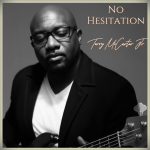


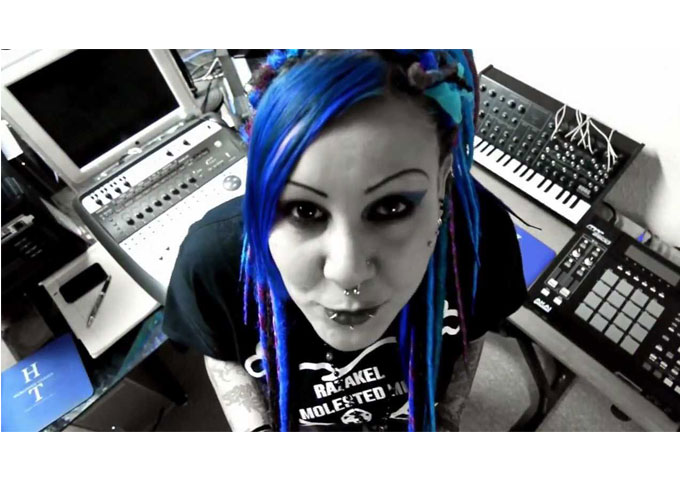
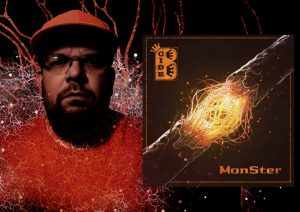
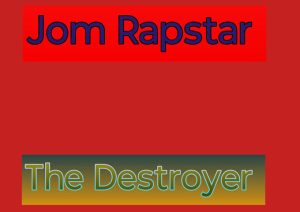
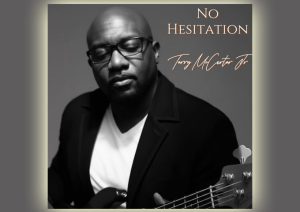

More Stories
The Fods & Night Wolf Create a New Trip Hop Vibe with “Kickback”
Jo Page – ‘When We Knew Nothing’: A Sunlit Anthem of Innocence and Reckless Joy
Big Caz Ignites Loyalty and Reckoning with “You Ain’t My Brother (Remix)” ft. Taase & Harley G